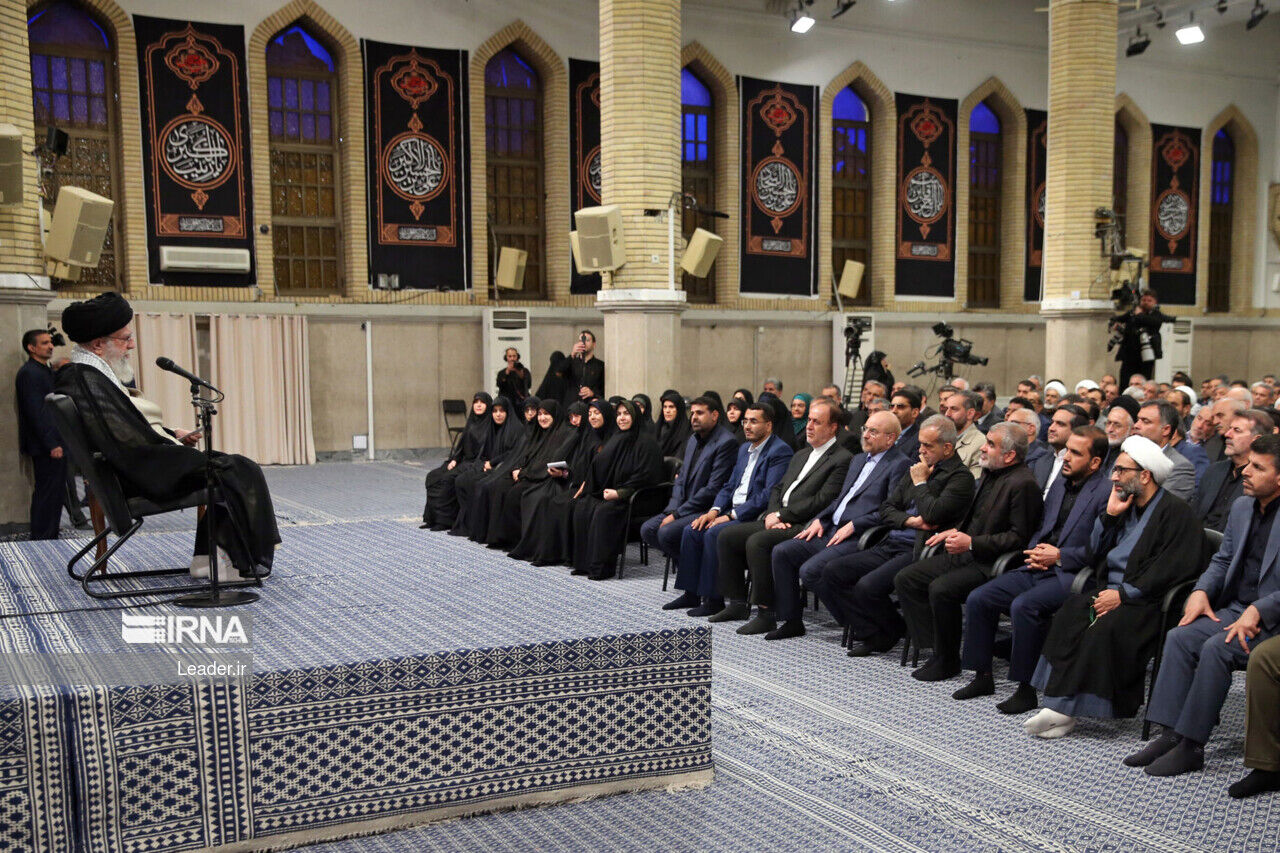
Similar Posts
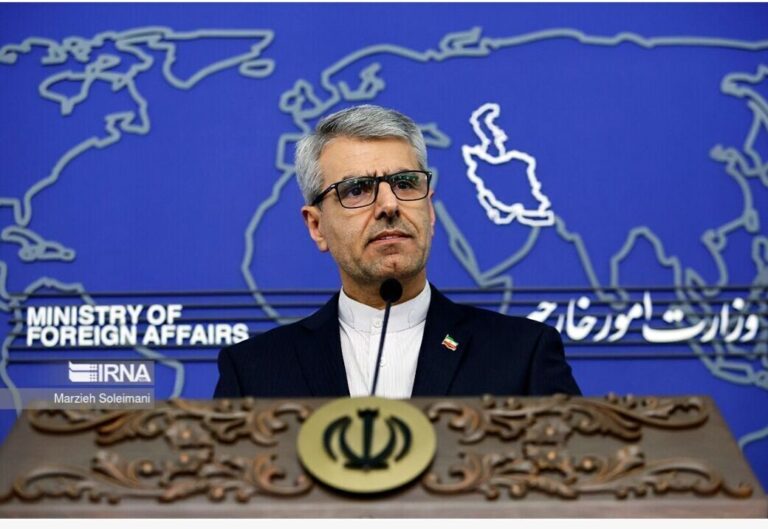
Foreign Ministry Warns: U.S. Contradictory Actions Could Lead to Unintended Consequences
Recent U.S. foreign policy developments, particularly new sanctions targeting Iran, have raised concerns. Iranian Foreign Ministry spokesperson Esmaeil Baqaei condemned the sanctions imposed on individuals and entities involved in Iranian economic activities, describing them as provocative. Announced by the U.S. State Department on April 30, these sanctions affect seven entities linked to Iranian petroleum trading and come just days before critical negotiations in Rome between the two nations. This situation highlights the ongoing tensions in U.S.-Iran relations, with diplomatic efforts continuing amidst increasing sanctions and economic pressures, drawing attention from the international community.
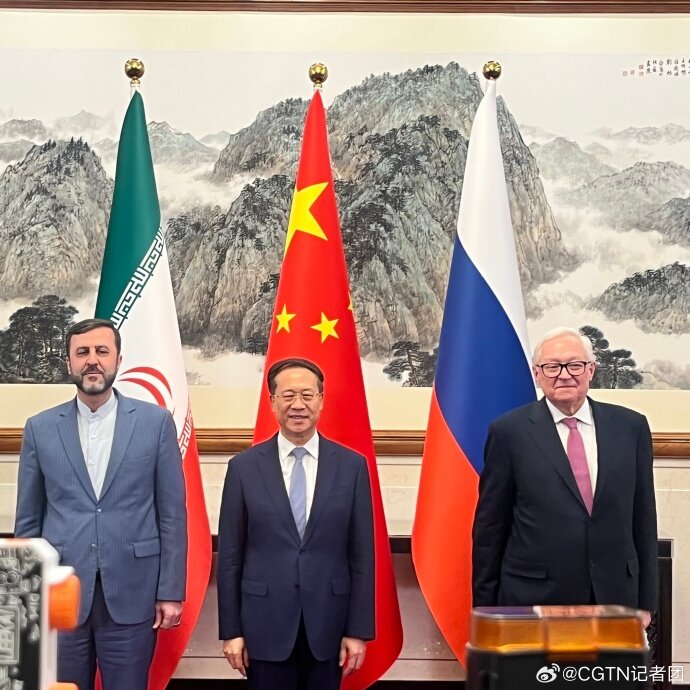
Powerful Triad: Iran, China, and Russia Engage in Strategic Talks in Beijing (+VIDEO)
Senior diplomats from Iran, Russia, and China met in Beijing to discuss Iran’s nuclear program, rejecting US demands for renewed negotiations. This follows the US’s 2018 withdrawal from a landmark nuclear agreement signed in 2015. Iranian President Masoud Pezeshkian emphasized that talks would not occur under pressure, while Ayatollah Khamenei criticized the US for misleading claims about negotiations, highlighting trust issues as central to any dialogue. He reiterated Iran’s commitment to not pursuing nuclear weapons and expressed optimism about overcoming sanctions. This meeting underscores the evolving diplomatic dynamics and potential implications for global nuclear non-proliferation efforts.
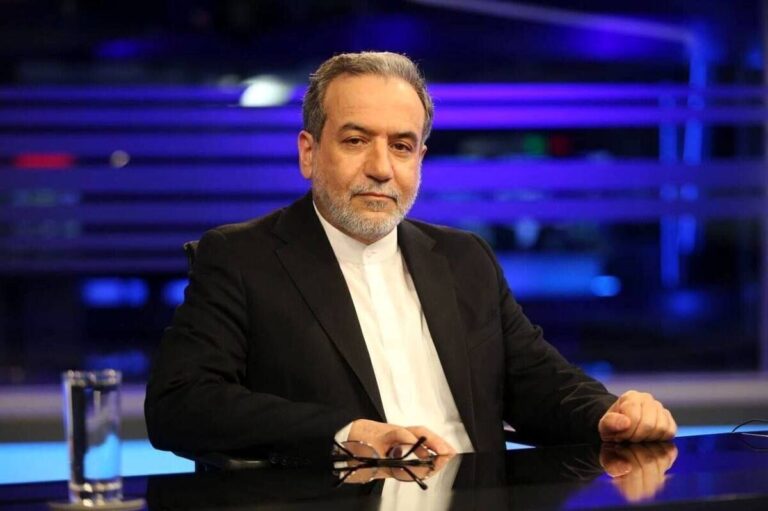
Iran Stands Firm: Foreign Minister Araqchi Affirms Nation’s Right to Peaceful Nuclear Technology
Iran’s Foreign Minister Abbas Araqchi reaffirmed the country’s commitment to developing peaceful nuclear technology ahead of upcoming nuclear negotiations with the U.S. in Rome. He emphasized Iran’s unwavering stance on its nuclear rights and the continuation of its enrichment program, while expressing readiness for confidence-building measures and increased monitoring. Araqchi criticized European nations for threatening the 2015 nuclear deal’s snapback mechanism, warning it could endanger the Non-Proliferation Treaty. He urged Europe to abandon confrontational policies and indicated that he would address Israeli threats against Iranian nuclear facilities, signaling readiness for decisive responses if necessary.
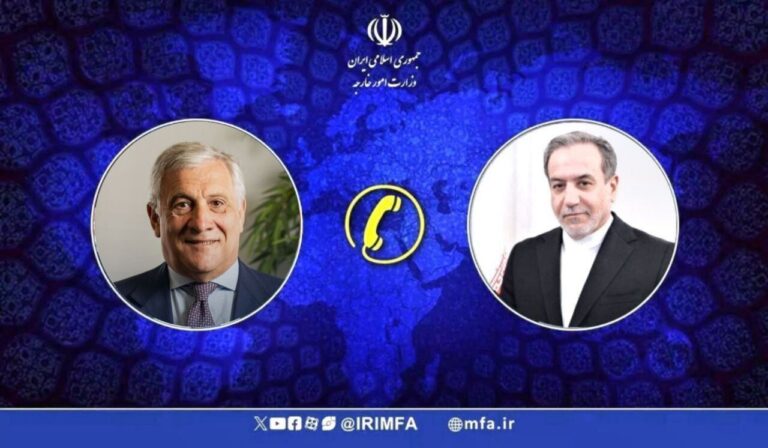
Iran and Italy Unite to Urge Immediate Action for Palestinian Aid and Protection
Iran’s Foreign Minister Abbas Araqchi and Italian Foreign Minister Antonio Tajani recently discussed the humanitarian crisis in occupied Palestine during a phone call. Araqchi, in Rome for indirect talks with the U.S., updated Tajani on recent discussions. They both emphasized the urgent need to halt violence and support those displaced by the conflict, specifically addressing the ongoing genocide in Palestine. The conversation highlighted their commitment to tackling humanitarian issues and a shared concern for the welfare of those affected by the violence in the region.
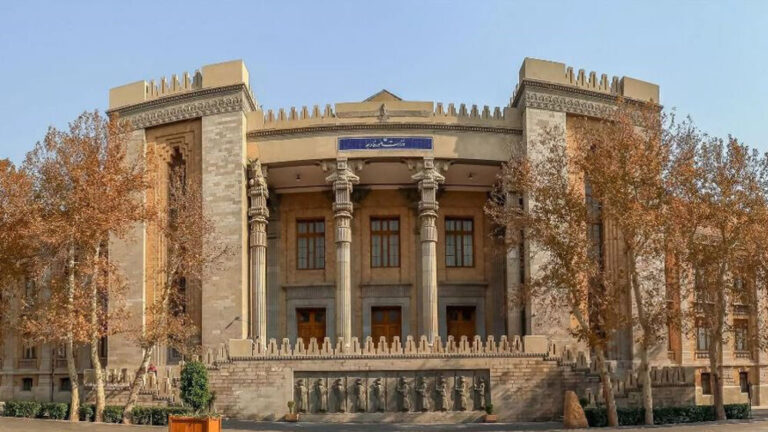
Iran Dismisses Unfounded Allegations from U.K. Officials: A Firm Rebuttal
Alireza Yousefi, director-general for the Western Europe department at Iran’s Ministry of Foreign Affairs, has refuted allegations from the UK Home Office and British parliamentarians regarding human rights violations linked to the detainment of Iranian nationals. He argues that these claims, made during parliamentary discussions, infringe on legal and human rights standards and may have political motivations. Yousefi warns that such accusations could harm diplomatic relations between Iran and the UK. He urged the UK government to clarify the legal basis for the detentions and allow consular visits to safeguard the rights of those detained, emphasizing the importance of justice.
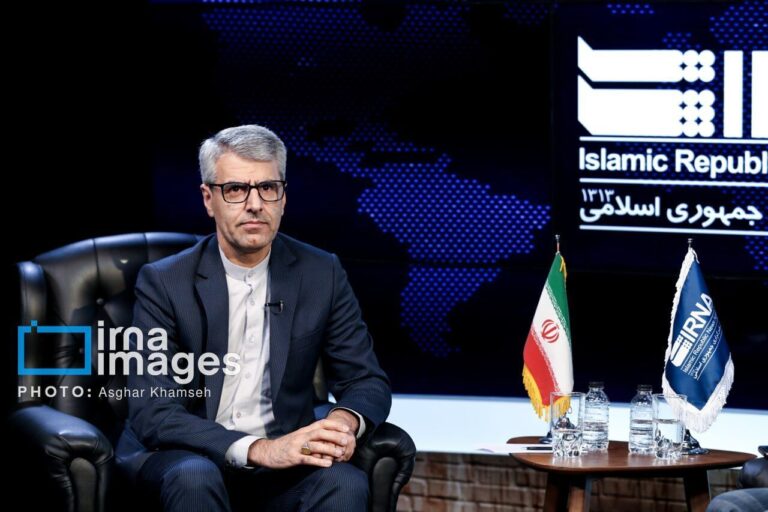
Expert Insights: Why Caution is Crucial in U.S. Negotiations, According to Spokesperson
Iran’s negotiations with the U.S. are characterized by historical caution, as highlighted by Foreign Ministry spokesperson Esmaeil Baqaei. He expressed concerns over the U.S.’s past non-compliance, prompting Iran to adopt a vigilant stance. Baqaei acknowledged the typical fluctuations in negotiations but noted that decades of distrust complicate the dialogue. The Omani Foreign Ministry is facilitating the fifth round of talks, with details on timing and location forthcoming. Iran remains committed to pursuing diplomatic solutions, grounded in international law and the collective will of its people, while carefully calibrating its actions in response to U.S. moves.